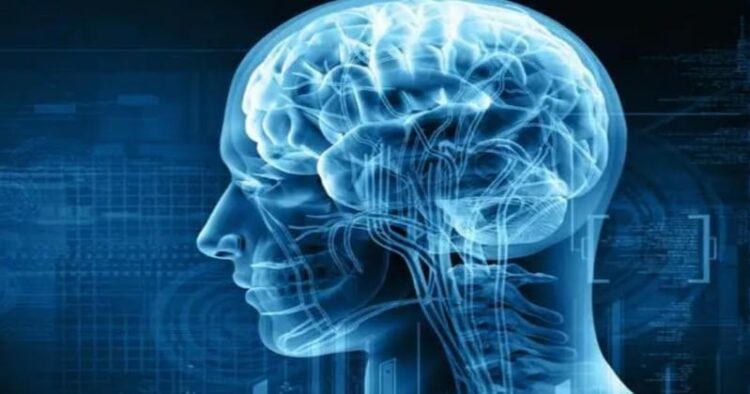For Parkinson’s disease (PD) patients, a few minutes of data collected from a single electrode put on top of the head may be sufficient to anticipate cognitive issues, including dementia.
The results of a recent University of Iowa study may aid in the improvement of cognitive impairment in Parkinson’s disease (PD) diagnosis and the development of novel biomarkers and focused treatments for the illness’s cognitive symptoms. The findings of the study were published in the Journal of Neurology, Neurosurgery & Psychiatry.
“Cognitive decline, including dementia, is a significant and underappreciated symptom of Parkinson’s disease. Around 30 per cent of patients can have cognitive symptoms at the beginning of the disease, and up to 80 per cent will have cognitive problems at some point in their disease,” said Nandakumar Narayanan, MD, PhD, associate professor of neurology at the UI Carver College of Medicine and senior author of the new study.
“Furthermore, although we have quite a few effective treatments for the motor symptoms of Parkinson’s, including medical therapies and deep brain stimulation, we have very few treatments for the cognitive aspects of Parkinson’s disease.”
Electroencephalography (EEG), a very ancient and common technique, was used to record the participants’ frontal regions of the brains and quantify low-frequency brain waves known as delta and theta waves.
The UI team discovered that cognitive failure in PD is closely related to diminished strength of these particular brain waves when a patient is needed to engage in thinking. According to the findings, EEG, which is readily accessible and non-invasive, may be helpful in identifying cognitive impairment in PD patients.
“Traditional methods for diagnosing cognitive problems often involve time-consuming pen and paper tests and require a neurologist to administer and interpret the tests. In addition, because these traditional tests can be ‘learned,’ they cannot be used repeatedly over time for the same patient,” says Narayanan, who also is a neurologist with UI Health Care and a member of the Iowa Neuroscience Institute. “In contrast, EEG can be done continuously over several hours or days. It can be applied in nursing homes or patient’s homes, and it gives you a richly featured description of a patient’s cognitive status.”
The EEG measurements might also be useful for monitoring and fine-tuning the cognitive side effects of medications and brain simulation used to treat Parkinson’s disease. Eventually, EEG could even provide a basic assay to determine whether new treatments for PD are effective at improving cognitive function.
Lastly, the study, which is one of the largest to date, involving 100 PD patients across the full spectrum of cognitive function from healthy to dementia, and 49 demographically similar control participants, reveals a fundamental insight into the role of the brain signal being measured by the EEG electrode.
All the participants completed three different tasks that are commonly used to assess cognitive control, and while they were doing the task, a single EEG electrode measured the strength of the low-frequency delta and theta brain waves from their frontal cortex.
Narayanan’s team found that diminished cognitive function was correlated with diminished strength of low-frequency brain waves while the patient was doing a task. Importantly, it did not matter which cognitive task the patient was doing during the measurement.
“Surprisingly, the effect was seen simply because the patient was required to pay attention to a cue and respond. I think this is the deep insight into why Parkinson’s patients have cognitive problems: they fail to engage these basic response processes in the brain,” Narayanan explains.
“That was very surprising to us, and it’s helpful because it means we might be able to get information about cognitive function using the simplest version of this task where there’s a cue, and the patient has to engage and respond. That process– cue, engage, respond–might be enough to determine where patients are on the cognitive status scale and whether they have the potential to improve.”
Narayanan says this insight might also be an opportunity to help patients. Potentially “cueing” Parkinson’s patients to engage in a task– whether it’s walking, talking or thinking, might improve how well they perform the task. If this is true, it would have important implications for the way rehabilitation, occupational, and speech therapists help patients with PD.
(with inputs from ANI)




















Comments